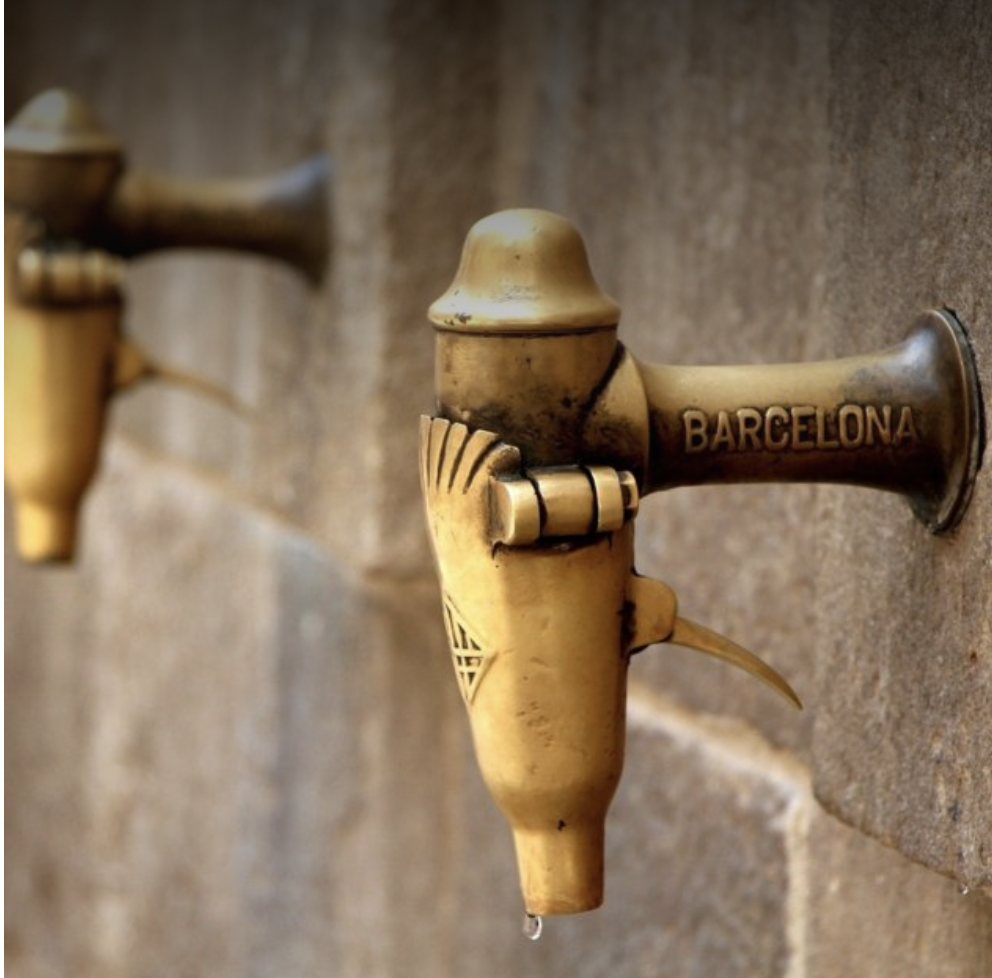by Andrea Tucci,
Rainfall in Spain’s Catalonia has been below average since the end of 2020. Residents are preparing for stricter limits on water use, swimming pools and farming. Residents of Catalonia in Spain are grappling with water limits and swimming pool bans as authorities declare a state of emergency over the historic drought.
On Wednesday, December 13, the local authorities eventually decided to cancel the whole event and, for the first time since 2006, refrain from organising an activity that consumed too much water (48,000 liters). The decision was taken “out of a sense of responsibility” and “to set an example” in the face of the “current serious climate situation.”
The regional executive will then have to take drastic measures to ensure drinking water supplies for the Barcelona metropolitan area and its 5.5 million inhabitants.

Barcelona has already been relying on Europe’s largest desalination plant for drinking water, and a sewage treatment and purification plant to make up for the drop in water from wells and rivers.
Catalonia officially entered the “pre-emergency” phase for drought, which lowers the daily use per person from 230 to 210 litres of water per day. That includes personal use as well as what town halls use per inhabitant for services. Catalonia’s water agency says that the average person in Catalonia consumes on average 116 litres per day for domestic use.
To preserve Barcelona’s 35,000 trees, the City Council is taking measures to prevent them from dying of thirst. Irrigation is being cut back, and groundwater is slowly replacing potable water. Lawns in areas without groundwater pipelines are no longer being watered. During the drought emergency, all lawn irrigation will be halted, and minimal amounts of groundwater will be used exclusively for watering trees and preserving historic gardens.
it’s also no longer allowed to wash a car on public roads using tap water. The fines for perpetrators are quite steep, up to €1000. Commercial car washing is only allowed when the used water is being recycled.
Tourism industry is also affected by the drought. Catalonia’s beautiful beaches and natural landscapes attract millions of tourists every year, but the water shortage may cause the quality of these attractions to deteriorate. This could lead to a decline in tourism and, therefore, revenue for the region.
if water reserves fall below 16 percent capacity, then Catalonia would enter into a full-blown drought “emergency” whereby water would be limited to 200 litres per person, and then potentially dropped down to 160 litres per person, and all irrigation in agriculture would require previous approval.
Unless it rains a lot, then Barcelona could need tankers to bring in drinking water.
“Unfortunately, we have to be prepared for every scenario, and we are close to needing boats to bring in water if the situation that we have seen over the past months continues,” Catalonia regional president Pere Aragonès said during a trip to South Korea on Wednesday.
Photo: Pixaby @milpek75
Source: Worldenvironment Magazine
